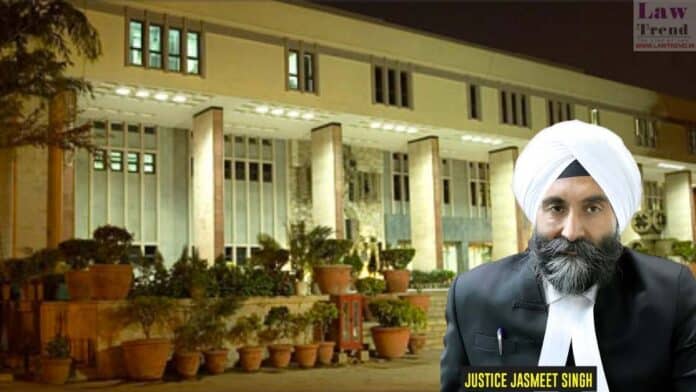In a pivotal judgment, the Delhi High Court, presided by Justice Jasmeet Singh, held that marrying a person of another faith does not result in an automatic conversion to their religion. The court clarified that conversion is a conscious, voluntary act, and assumptions of religious conversion based solely on interfaith marriage are unfounded. This ruling
To Read More Please Subscribe to VIP Membership for Unlimited Access to All the Articles, Download Available Copies of Judgments/Order, Acess to Central/State Bare Acts, Advertisement Free Content, Access to More than 4000 Legal Drafts( Readymade Editable Formats of Suits, Petitions, Writs, Legal Notices, Divorce Petitions, 138 Notices, Bail Applications etc.) in Hindi and English.




